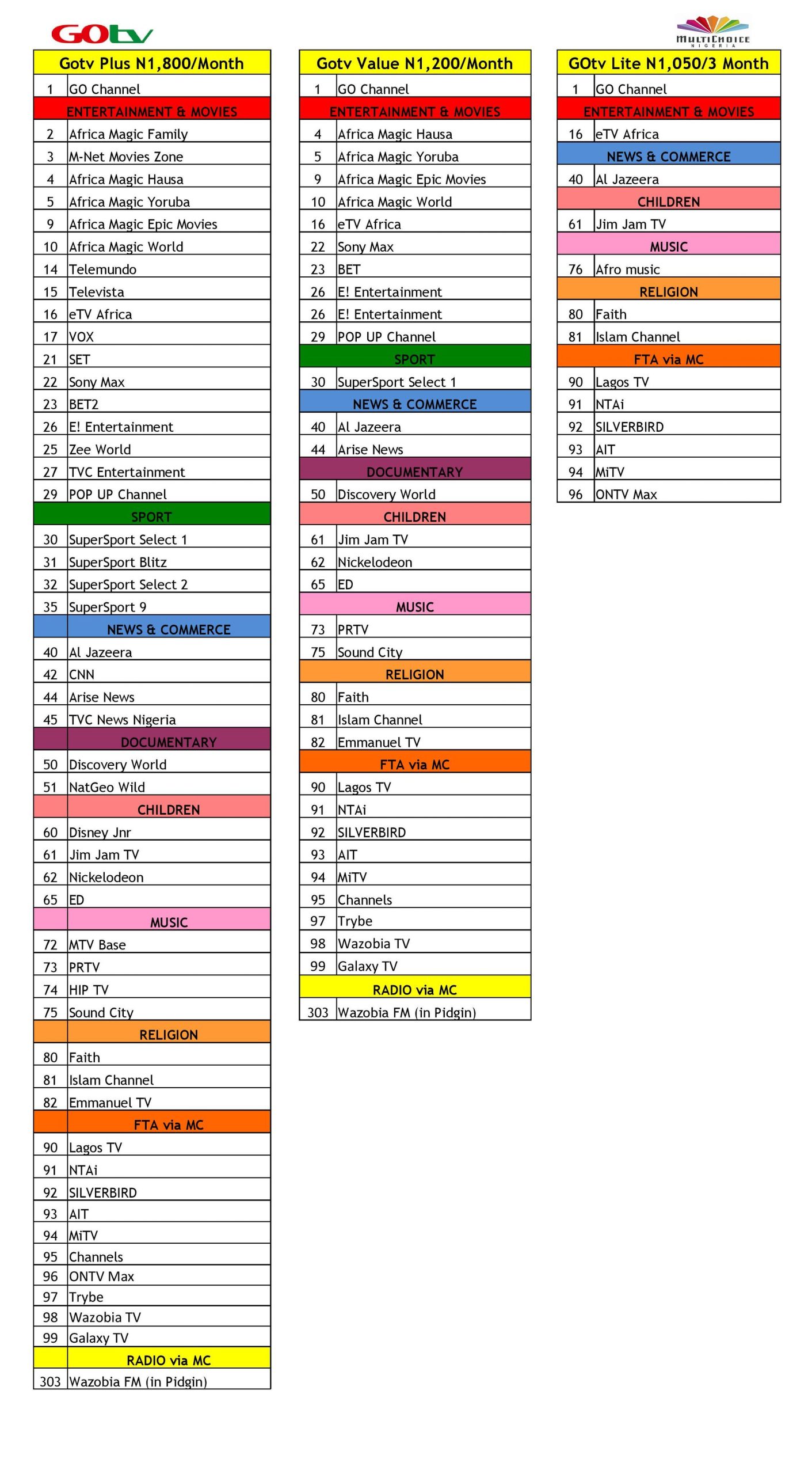Exploring The Fascinating History Of Siwes
Internships are essential in shaping a student’s future. The history of SIWES (Student Industrial Work Experience Scheme) in Nigeria traces back to its inception in 1973. Underpinning the nation’s educational system, SIWES offers hands-on experience to students across various disciplines. It bridges the gap between classroom learning and practical application, fostering valuable skills and professional development. Embracing the legacy of SIWES, let’s delve into its evolution and impact.
Exploring the Fascinating History of SIWES
Welcome, young learners, to an exciting journey through the history of SIWES! SIWES stands for Students Industrial Work Experience Scheme, a program designed to bridge the gap between classroom learning and practical work experience. Let’s delve deep into the origins and development of this important scheme that has benefited countless students over the years.
The Beginnings of SIWES
SIWES was first established in Nigeria in 1973 by the Industrial Training Fund (ITF) under the leadership of the Nigerian government. The primary goal was to provide students with hands-on experience in real work environments, allowing them to apply their theoretical knowledge to practical situations. This initiative aimed to prepare students for the demands of the labor market and enhance their employability skills.
The Evolution of SIWES
Over the years, SIWES has evolved and grown, expanding its reach to cover various fields of study such as engineering, technology, science, and agriculture. The program has been fine-tuned to ensure that students receive comprehensive training and exposure to different facets of their chosen profession. Through SIWES, students have the opportunity to work in reputable organizations and learn from seasoned professionals in their field.
Benefits of SIWES
Participating in SIWES offers numerous benefits to students. Firstly, it allows them to gain practical skills that are essential for their future careers. By working in a real-world setting, students learn how to problem-solve, communicate effectively, and collaborate with others. Additionally, SIWES provides students with valuable networking opportunities and the chance to explore different career paths.
Enhancing Employability
One of the most significant advantages of SIWES is its role in enhancing students’ employability. Employers value candidates who have practical experience, and participating in the SIWES program gives students a competitive edge in the job market. Many students who have completed SIWES have gone on to secure rewarding employment opportunities in their chosen fields.
Success Stories from SIWES
Throughout its history, SIWES has produced many success stories of students who have benefitted greatly from the program. These students have gone on to make significant contributions in their respective industries, thanks to the practical knowledge and skills they acquired during their SIWES experience. From engineers to scientists to entrepreneurs, SIWES alumni continue to excel and inspire others with their achievements.
The Future of SIWES
As we look ahead to the future, the importance of programs like SIWES remains as crucial as ever. In a rapidly changing world, where technology and innovation drive progress, the need for hands-on practical training cannot be overstated. SIWES plays a vital role in preparing the next generation of professionals to meet the challenges of tomorrow and contribute meaningfully to society.
So, young learners, as you embark on your educational journey, remember the history of SIWES and the opportunities it presents. By participating in programs like SIWES, you are equipping yourself with valuable skills and experiences that will pave the way for a bright and successful future. Embrace the chance to learn, grow, and explore, and who knows where your SIWES experience may lead you!
Frequently Asked Questions
What is the history of SIWES?
The Student Industrial Work Experience Scheme (SIWES) was established in Nigeria by the Industrial Training Fund (ITF) in 1973 to bridge the gap between theoretical knowledge acquired in the classroom and practical skills in a work environment. It is a structured work experience program designed for students in tertiary institutions.
How has SIWES evolved over the years?
SIWES has evolved significantly since its inception in 1973. It has expanded to cover a wide range of disciplines, including engineering, sciences, social sciences, and technology. The program has also incorporated modern technologies and industries to align with the changing demands of the workforce.
What are the key objectives of SIWES?
The primary objectives of SIWES are to provide students with relevant industrial work experience, expose them to real work situations, enhance their skills and competencies, foster industrial harmony, and improve the collaboration between educational institutions and industries.
Final Thoughts
In conclusion, the history of SIWES dates back to the 1970s when it was established by the Nigerian government. Since then, students in various tertiary institutions have benefited from this program by gaining practical experience in their fields of study. The initiative has helped bridge the gap between theoretical knowledge and practical skills, making students more employable. Overall, the history of SIWES reflects a commitment to providing hands-on training to students for a well-rounded education.

